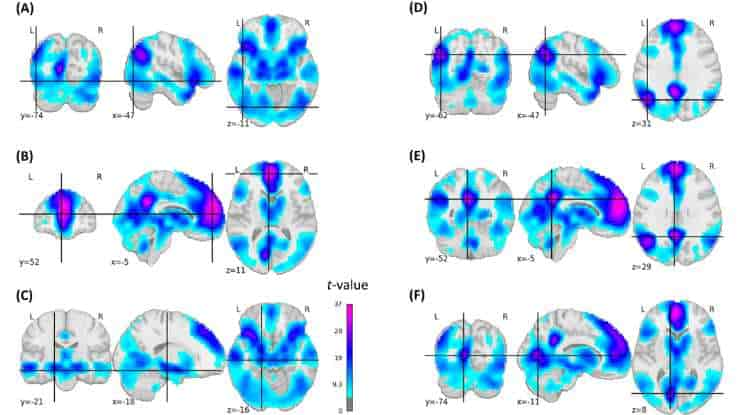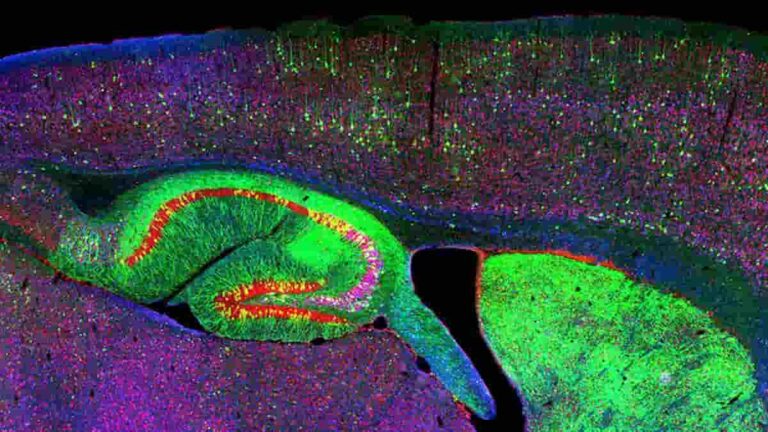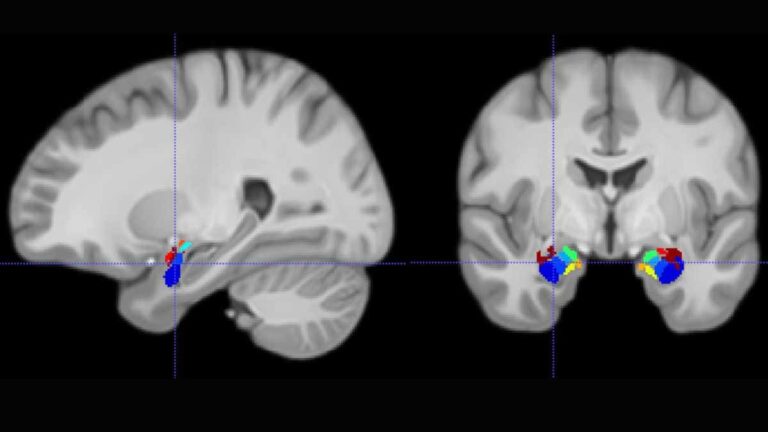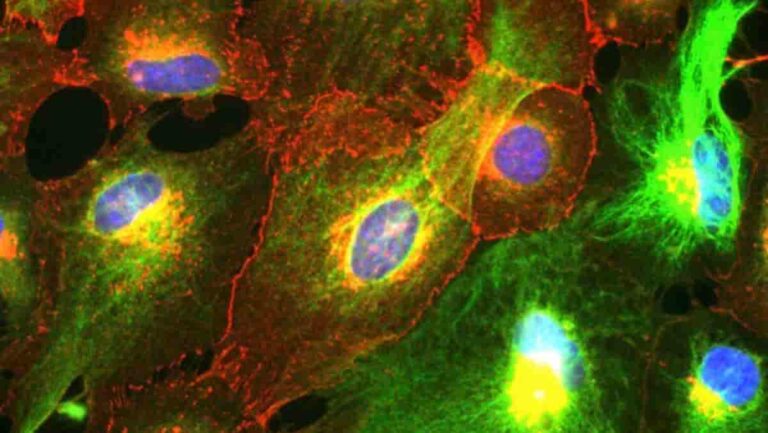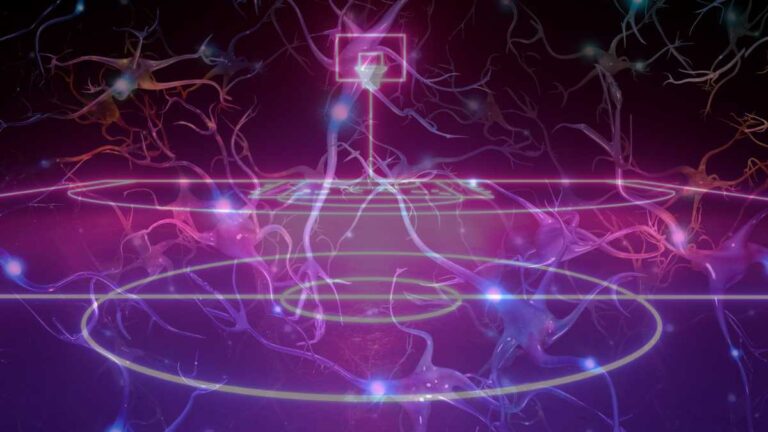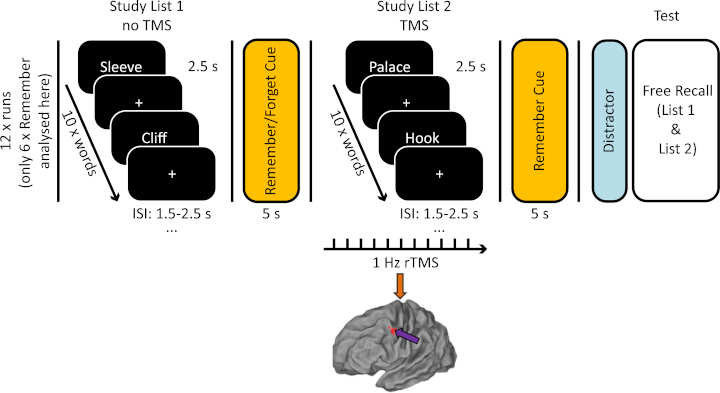Summary: Researchers have released the results of the world’s largest functional imaging study on memory. They found a direct association between brain activity during the memorization process and subsequent memory performance. The study asked nearly 1,500 participants aged between 18 and 35 to memorize 72 images while researchers recorded their brain activity using MRI. The…
Tag: memory
Memory Performance Improves with Deep Brain Stimulation
New research led by scientists from UCLA Health and Tel Aviv University provides the first physiological evidence from within the human brain to support the prevailing scientific theory regarding how the brain consolidates memories during sleep. Furthermore, the researchers discovered that targeted deep-brain stimulation during a critical time in the sleep cycle appeared to improve…
Your Brain Creates Transposable Memory Sketches of People
Mundane scenes have clarified how the brain uses memory in a new study. Researchers used functional MRI scanners to monitor subjects’ brains while watching short videos of real-life scenes. People working on laptops in a cafe or shopping in a supermarket were examples of this. “They were very ordinary scenes. No car chases or anything,”…
Why You Remember Emotional Events Better than Non-emotional Ones
Most people remember emotional events vividly, such as their wedding day, but researchers are unsure how the human brain prioritizes emotional events in memory. In a new study, Joshua Jacobs, an associate professor of biomedical engineering at Columbia Engineering, and his colleagues found that the human brain has a specific neural mechanism that tags information…
Astrocytes Play Key Role in Spatial Learning Control
Glial cells insulate nerve cell “wiring” or provide optimal working conditions for them. A new study led by the University of Bonn has discovered another function in rodents: the findings suggest that a specific type of glial cell is important in spatial learning. Each place in our world has its own unique features that make…
Brain Area Coupling For Motor Memory Sleep Consolidation
Steph Curry of the Golden State Warriors basketball team uses his brain’s motor memory each time he makes a free throw. As the brain processes the day’s learning to make the physical act of doing something subconscious, University of California at San Francisco (UCSF) researchers have now demonstrated how this type of memory is consolidated…
Transcranial Photobiomodulation Enhances Short Term Memory
A new study found that transcranial photobiomodulation, a type of laser light therapy, improved short-term memory. Scientists from the University of Birmingham in the United Kingdom and Beijing Normal University in China demonstrated that the non-invasive therapy could improve people’s short-term or working memory by up to 25%. The right prefrontal cortex of the brain…
Hippocampus Activity Preferentially Supports Recall Of Coherent Narratives
The hippocampus may be the brain’s storyteller, connecting separate, distant events into a single narrative, a new brain imaging study shows. Things that happen in real life don’t always connect directly, but we can remember the details of each event better if they form a coherent narrative, said Brendan Cohn-Sheehy, an MD/PhD student at the…
Transcranial Magnetic Stimulation Improves Formation of Verbal Memory
Low frequency repetitive transcranial magnetic stimulation (rTMS) over the left prefrontal cortex of the brain can improve memory performance by reducing the power of low frequency brain waves as memories form, new research1 shows. Memories of past events and experiences are what define us as who we are, and yet the ability to form these…
